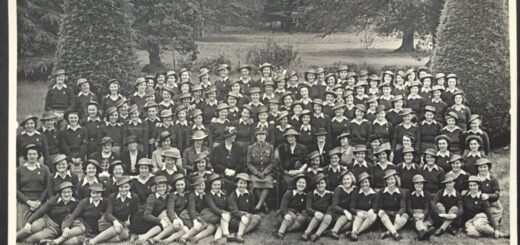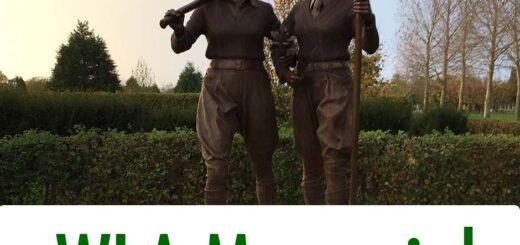The Women’s Land Army: Formed 80 Years Ago Today
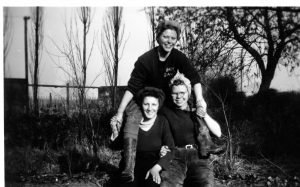
It was 1st June 1939. On the brink of war, the British government re-formed the Women’s Land Army. During the First World War, it took 4 years before the government recognised they desperately needed mobile female farm workers. At the start of the Second World War, the government knew how crucial women would be to maintaining the country’s food supplies. Scores of thousands of male farm workers left for the war front as the war progressed; scores of thousands of women stepped into their shoes.
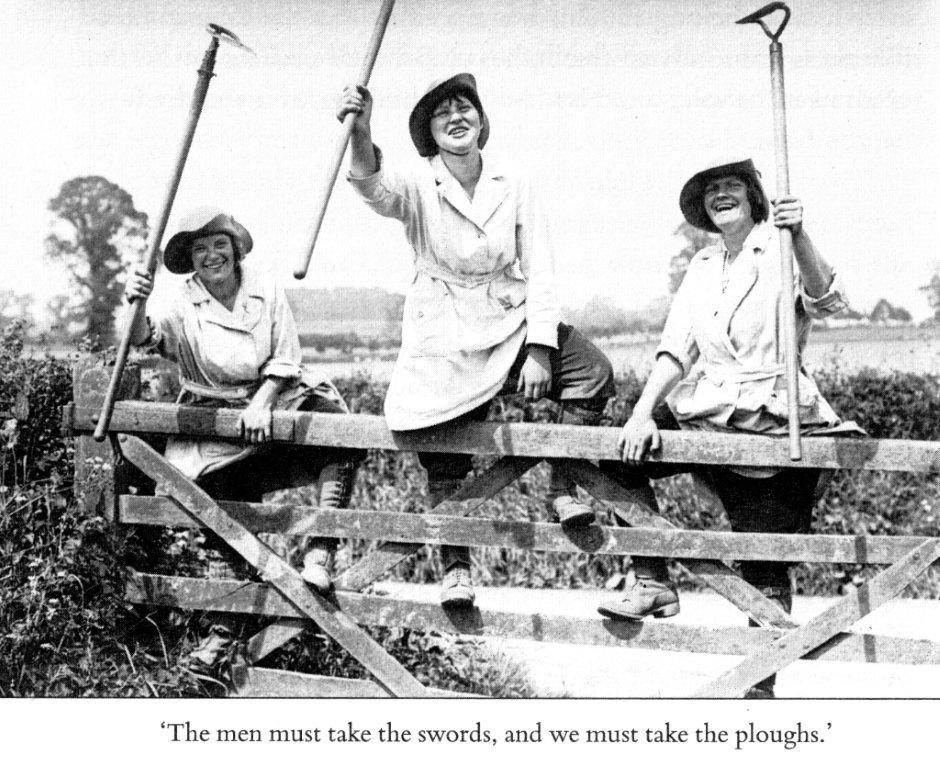
Source: IWM Q30678
The story will be familiar to many. Some women came from country backgrounds, but many more women travelled from British towns and cities and arrived into the countryside for the first time. Many didn’t quite know what they were letting themselves in for, having only seen the rosy picture of what life on the land involved presented on recruitment posters. Women often faced discrimination, with many farmers and their families sceptical of whether women could carry out ‘a man’s work’. These reservations, alongside the hard dirty days on the land, did not put women off. They set out to successfully prove sceptics wrong.
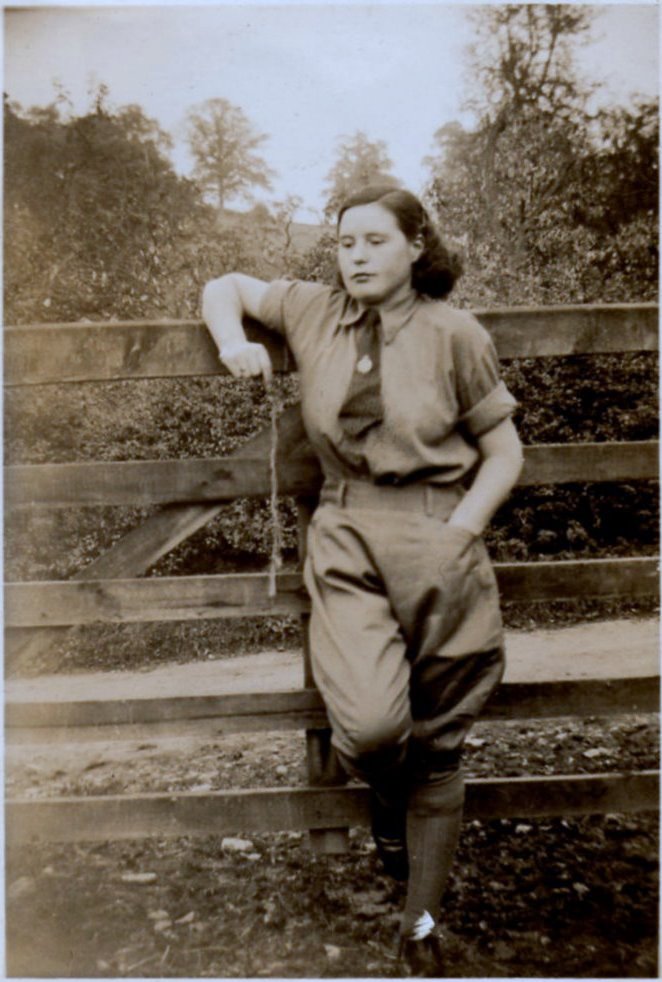
Around 150,000 young women served on farms and in market gardens between 1939 and the end of the war in 1945. By November 1950, when the WLA was finally disbanded, this civilian organisation had recruited over 200,000 to place in all areas of the country. To give some context to that number, in the First World War, the maximum the WLA employed was 23,000 young women.
So what did life on the land involve? Tending livestock, milking, milk delivery, handling heavy horses, tractor driving, dung spreading, ploughing, harrowing, sowing, singling, hoeing, vegetable growing, glasshouse work, spraying, harvesting, fruit picking, thatching, hay making, rat catching, poultry keeping, bee keeping, shepherding, land clearing, ditching and drainage. And what did all of these activities lead to in terms of food production? At the beginning of war, Britain was importing over 70% of its food. By the end of the war, it was 70% self-sufficient. Land Girls played a vital part in the transformation of Britain’s domestic food situation.
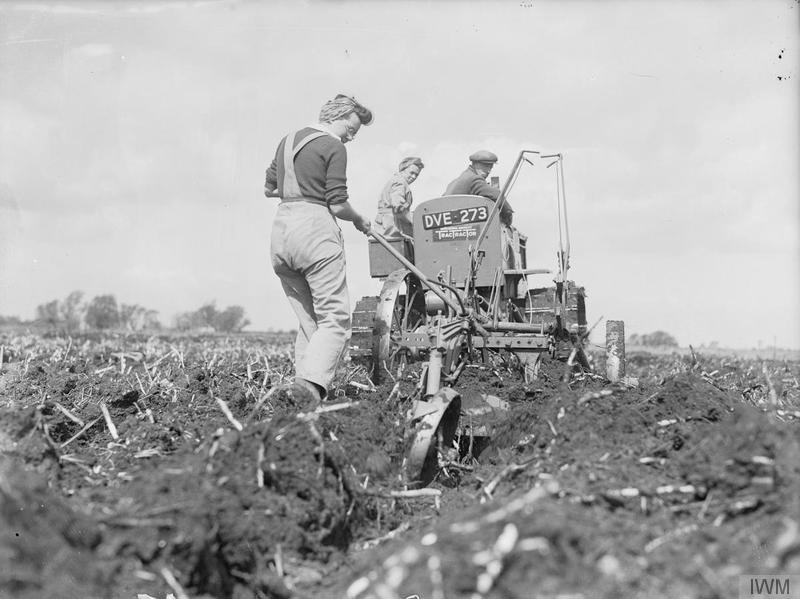
Source: IWM D 8455
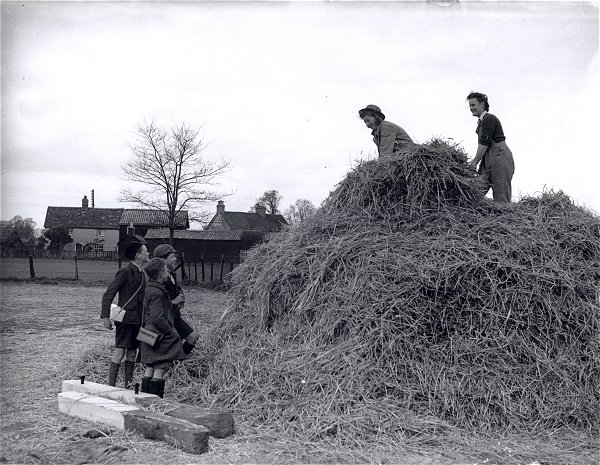
Courtesy of Stuart Antrobus.
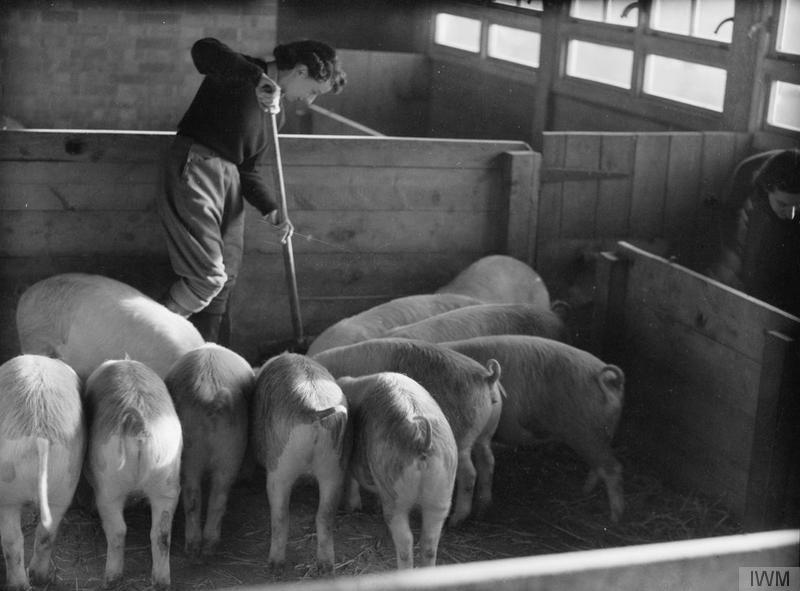
Source: IWM D199
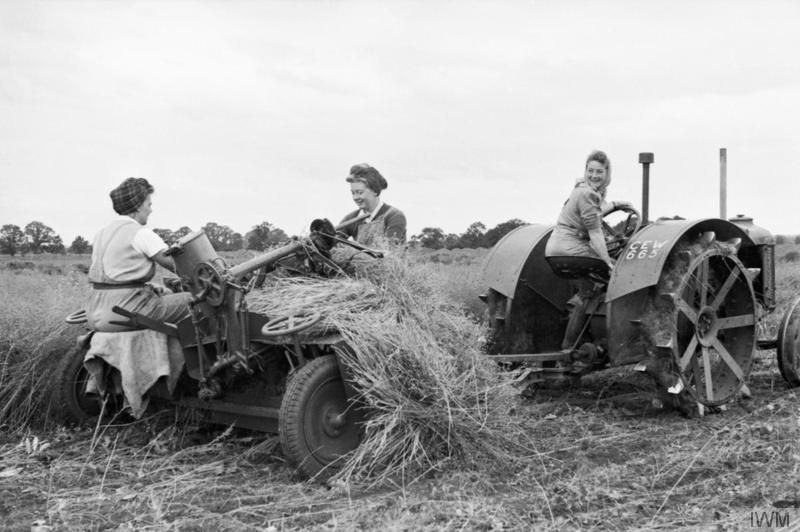
Source: IWM D 9617
Naturally, life on the land involved women having many new experiences. Many women refer to their Land Army days as the best days of their life, forging lifelong friendships and in several cases, meeting their future partners. Life in the WLA brought an independence which many women had never experienced before. It was an opportunity to undertake vital war work at a time when their male family members and friends were conscripted into wartime service.
For other women, life in the WLA was not so rosy. Some lived as the only Land Girl with farming families, isolated and lonely. Undertaking hard physical work left women’s bodies exhausted and in some cases with life-long injuries. Out in the sun all day or working in damp conditions, using farming equipment for the first-time – all this impacted women long after the end of the Second World War.
80 years on, we should remember what Land Girls from all backgrounds gave to their country. It seems appropriate to end with this poem by former Land Girl, Hilda Gibson, who reflects on what work in the WLA meant to her and many other women around the country….
Back when life was black and white and not a thousand shades of grey
A call went out for girls like us to join the W.L.A
To be alive at such a time meant living was intensified,
New tasks – new hardships – joy and pain distilled into a sense of pride.
We looked within ourselves and found a person we had never known
With qualities of inner strength, an independence newly grown.
From urban life to rural fields, from office, factory and shop
Replacing men who left to fight and trust to us each season’s crop.
Remember us? We worked long days till hands were rough and backs were sore,
Giving our all and finding strength each day to give a little more.
But rising in the morning mist and toiling in the summer haze.
This time was ours – a job well done – we will remember all our days.
Hilda K. Gibson

